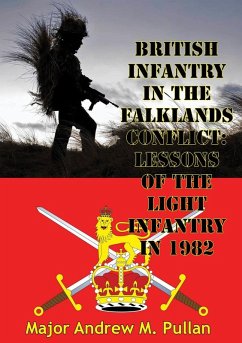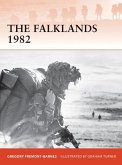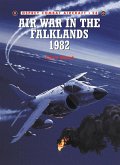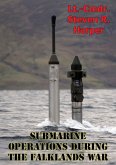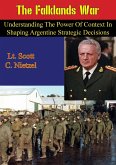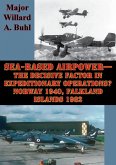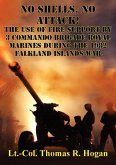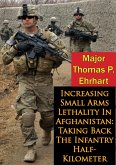This study investigates the Falklands Conflict from the perspective of the light infantry to determine the key lessons that they learned during the ground campaign. These lessons are then applied to the British Army, specifically the infantry, at the turn of the century to determine if they are still relevant.The Falklands Conflict represents the last experience that the British infantry has of fighting in the light role in conventional warfighting. This thesis postulates that there were some critical failings in the infantry performance in the Falklands, mainly due to a lack of training because of a lack of time spent in the light infantry role.This study analyzes the ground campaign from the landings at San Carlos to the final battles around Port Stanley. From this study six broad lessons were identified, three of which are unique to this thesis and concern the use of ad hoc formations, the light infantry load, and the impact of the Regimental System on infantry performance in the Falklands Conflict. The study then concludes by discussing the relevance of all the identified lessons to the infantry at the turn of the century. The conclusion of this study finds that many of the factors that led to the problems experienced by the infantry in 1982 and hence to their lessons from the ground campaign are as relevant today as they were in the Falklands Conflict.
Dieser Download kann aus rechtlichen Gründen nur mit Rechnungsadresse in A, B, BG, CY, CZ, D, DK, EW, E, FIN, F, GR, HR, H, IRL, I, LT, L, LR, M, NL, PL, P, R, S, SLO, SK ausgeliefert werden.

